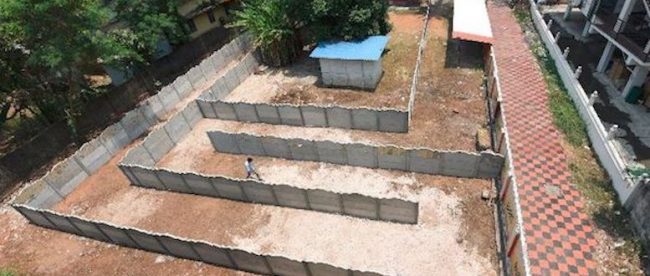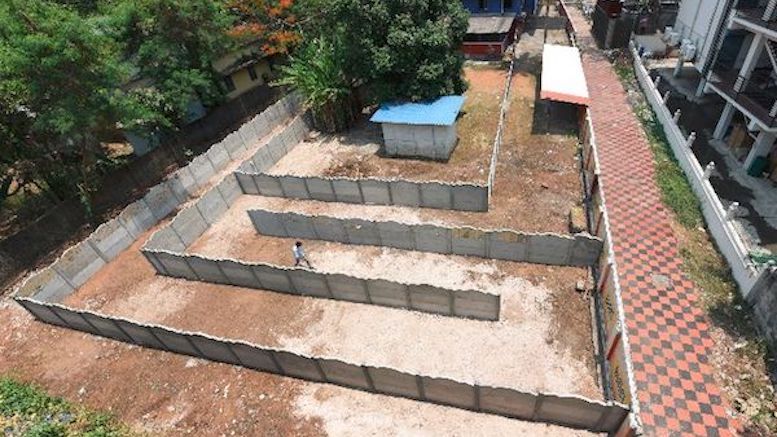The A-Maze-Ing Solution to a Bar’s Legal Problems

The Indian state of Kerala is in the southwest of the country, running along the Arabian Sea. It’s home to about 33 million people, giving it roughly the same size population as California or all of Canada. But unlike those two Western Hemisphere locations, if you want to buy a drink in Kerala, you’re going to find it difficult. Kerala doesn’t have a lot of bars — maybe a few hundred tops. In 2014, the state Congress effectively turned Kerala into a dry state, refusing to renew the liquor licenses of the more than 700 bars under its jurisdiction. In 2016, they pulled back the reins a bit, and many bars began to re-open, but you’d still be hard-pressed to find a local watering hole.
And even if you can? It might be hard to get to. December of 2016, India’s Supreme Court threw an additional wrench in the plans of alehouses in Kerala (and throughout India, for that matter) in an effort to reduce drunk driving. In that ruling, the Court barred the sale of alcohol within 500 meters — about three-tenths of a mile — from any of the public highways. That caused a problem for a lot of bars, as you might have guessed. Some relocated, others went out of business entirely But at least one got creative.

That’s the Aishwarya Bar in the Kerala town of North Paravoor. It’s surrounded by a moat of incomplete walls which, together, form a maze. As the crow flies, the bar is only about 25 meters (maybe 80 feet) from a highway. But if a customer wants to enter the bar, he or she has to zig-zag through the barriers — a jaunt which requires that person to walk 520 meters if he or she wants to reach the nearest highway. By the letter of the law, that’s 20 meters more than required.
Creative? A silly technicality? Maybe — or maybe not. As law blog Lowering the Bar points out, “presumably, the point was to make it more difficult for people to reach a bar, so they can’t just pull over, grab some booze and go. With the maze, they have to get out of their cars and walk 500+ meters, just like the Court said.” And it turns out, that’s basically what the authorities decided. A regulatory official told India Times that they “do not measure the aerial distance but only the walking distance.” The Aishwarya Bar was allowed to remain open.
The bar did not get off entirely scot-free, though. The same official noted that the bar was fined for modifying its entrance without authorization — but that’s a small price to pay to stay in business. In fact, per New India Express, other bars are considering using the exact same tactic.
Bonus fact: The Kerala village of Marottichal took a unique approach to the 2014 drinking ban — it replaced the booze with chess. As the New Indian Express reported, the village has a 100% chess literacy rate, and sobriety is the reason why: “everyone in the village—from children to the aged—plays the game of kings and queens, knights and rooks, pawns and bishops. After check-mating their addiction to alcohol by their own free will, veteran tipplers replaced their addiction to bottles with the much ‘lighter and dry’ chess pieces.”
From the Archives: Is Zero Odd or Even? How India Drove Around the Problem: An interesting solution to a non-problem.
